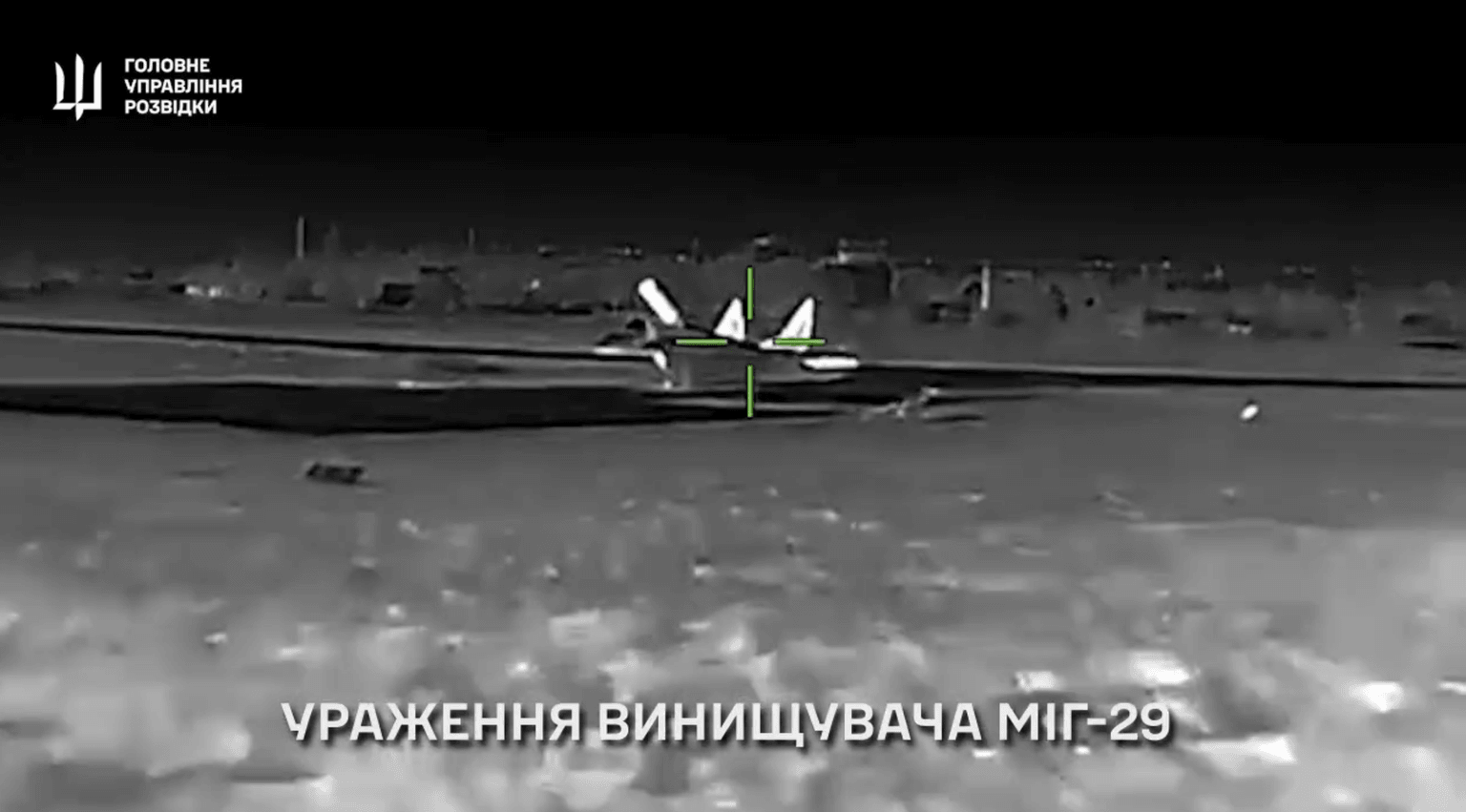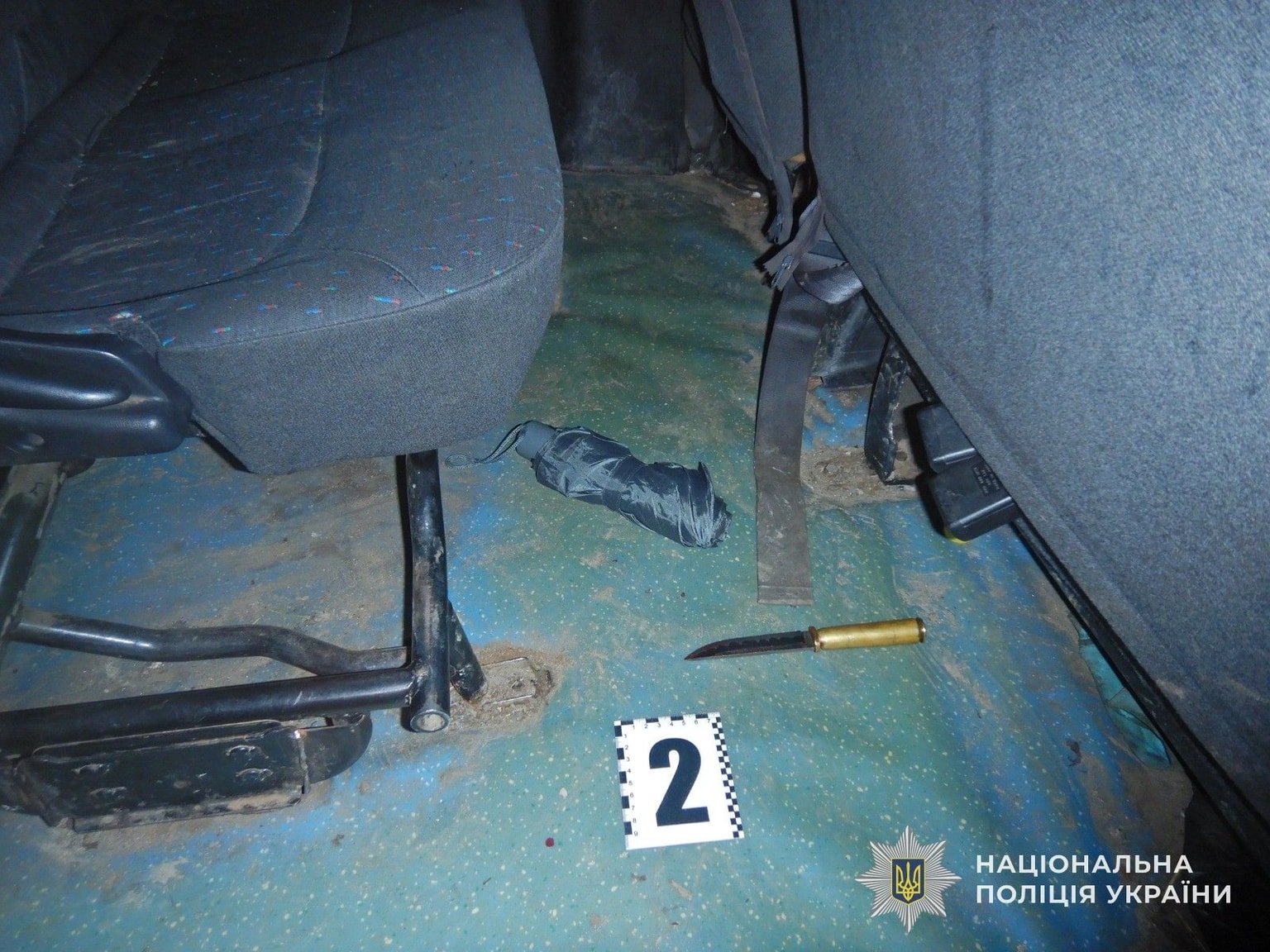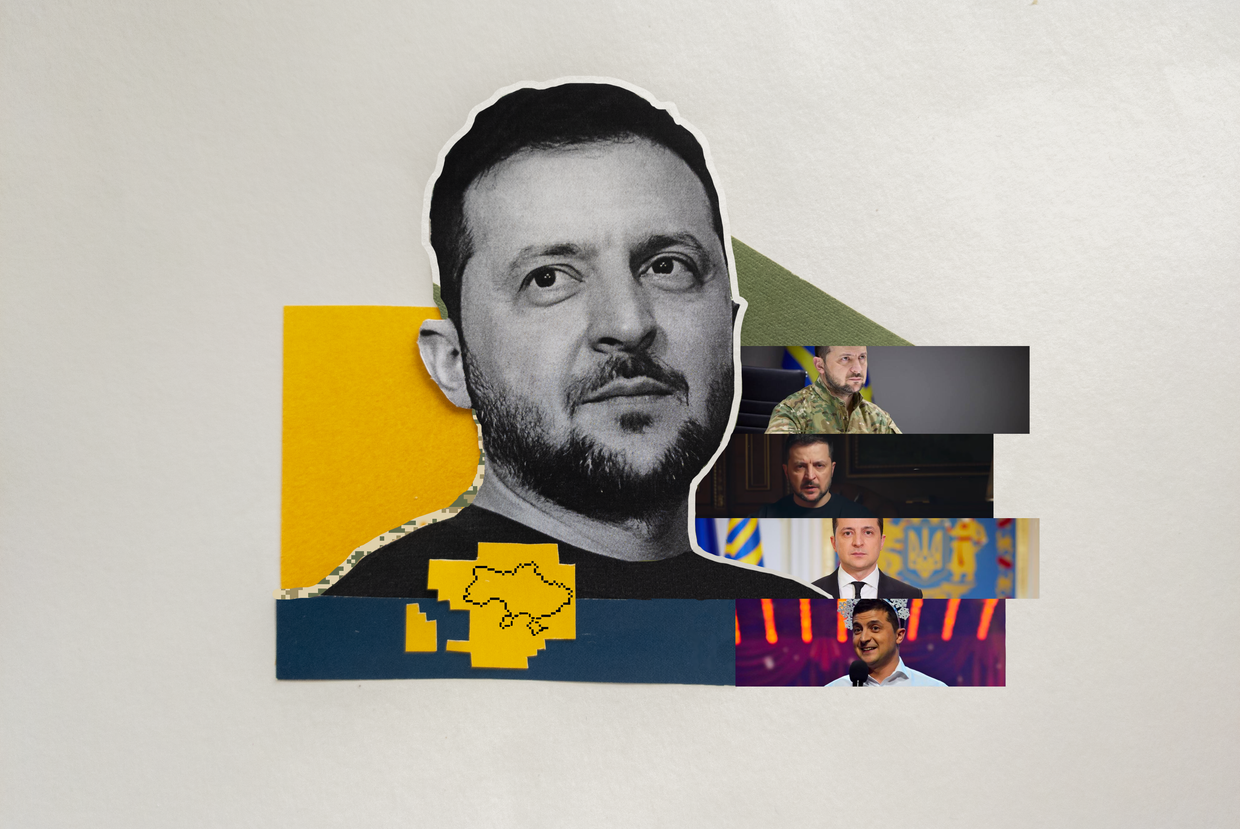Ukraine news
News Feed
Ukraine war latest: HUR says it destroyed Russian Su-24 tactical bomber, other targets in occupied Crimea
Ukraine's military intelligence agency, HUR, said its drones hit a Russian Su-24 tactical bomber as past of a series of eight "accurate strikes" on military targets inside Russian-occupied Crimea on Dec. 5.

Russian forces reportedly execute yet another Ukrainian POW
The Prosecutor General's Office said that the wounded soldier tried to take cover, but the Russian soldier "finished him off with a shot from an assault rifle."

War Notes: From the battlefield
Editor’s note: To mark the fourth birthday of the Kyiv Independent, the War Notes newsletter team decided to pass one edition of the newsletter to a special guest writer, who could capture the time and place we are at in Russia's war against Ukraine from a new perspective. You can subscribe to War Notes and the Kyiv Independent’s other newsletters here. About the author: Dimko Zhluktenko is a drone operator in Ukraine's Unmanned Systems Forces and co-founder of military aid volunteer organizati

Ukraine calendar: What will happen this week
Editor's note: This article is a shortened on-site version of KI Insights' public newsletter, The Week Ahead, covering events from December 8-14. Sign up here to start your week with an agenda of Ukraine-related events delivered directly to your inbox every week. The European Union is pressing ahead with efforts to secure a reparations loan backed by frozen Russian assets. Today, European Commission President Ursula von der Leyen and Germany’s Chancellor Friedrich Merz are holding an emergency

Ukrainian lawmaker exposed as leading criminal group, anti-corruption agencies say
Ukrainska Pravda, citing law enforcement sources, reported that Anna Skorokhod, a lawmaker from the For the Future party, is suspected of taking a large bribe.

Ukraine is cautiously optimistic as Trump's son-in-law enters peace talks — here's why
As U.S. President Donald Trump's son-in-law Jared Kushner takes on a more active role in the latest peace push, Ukrainian officials say they are cautiously optimistic about his involvement. Kushner joined U.S.-Ukraine negotiations in Geneva on Nov. 23 and in Florida on Nov. 30, and then traveled to Moscow to meet Russian President Vladimir Putin on Dec. 2. "The very fact that Trump added Kushner is a good sign," Oleksandr Merezhko, the chair of Ukraine's parliamentary foreign affairs committee

About Ukraine
The Kyiv Independent delivers reliable news, context, and on-the-ground reporting from Ukraine. The largest country located entirely in Europe, Ukrainian territory covers 603,628 square kilometers (233,062 square miles), and is bordered by bordered by seven countries, namely Russia, Belarus, Poland, Slovakia, Hungary, Romania, and Moldova. Ukraine traces its history back to the medieval state of Kyivan Rus.
Most Popular
"The Russian oil network... will continue to explode and burn," a source told the Kyiv Independent.
Editors' Picks

Ukraine is cautiously optimistic as Trump's son-in-law enters peace talks — here's why
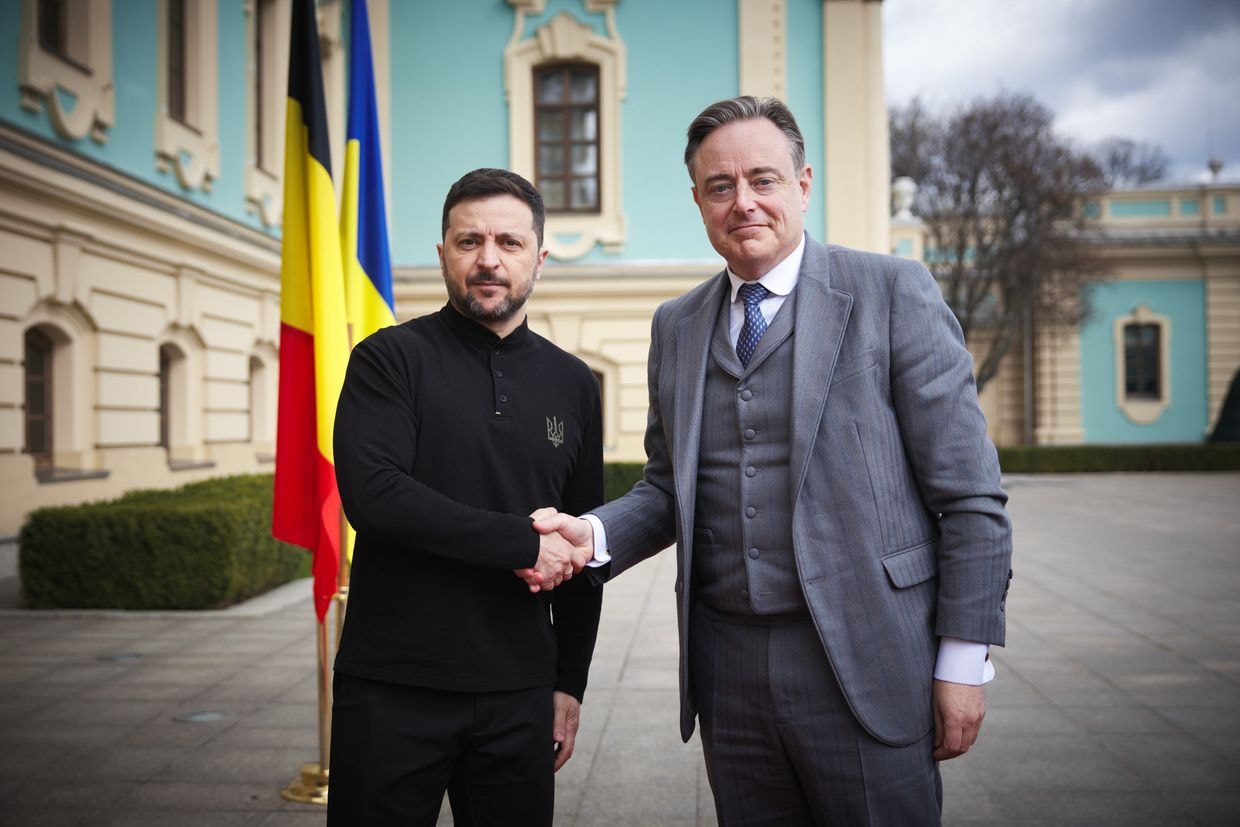
'The key to ending the war is in Brussels' — Ukrainians react to Belgium's Russian asset loan opposition
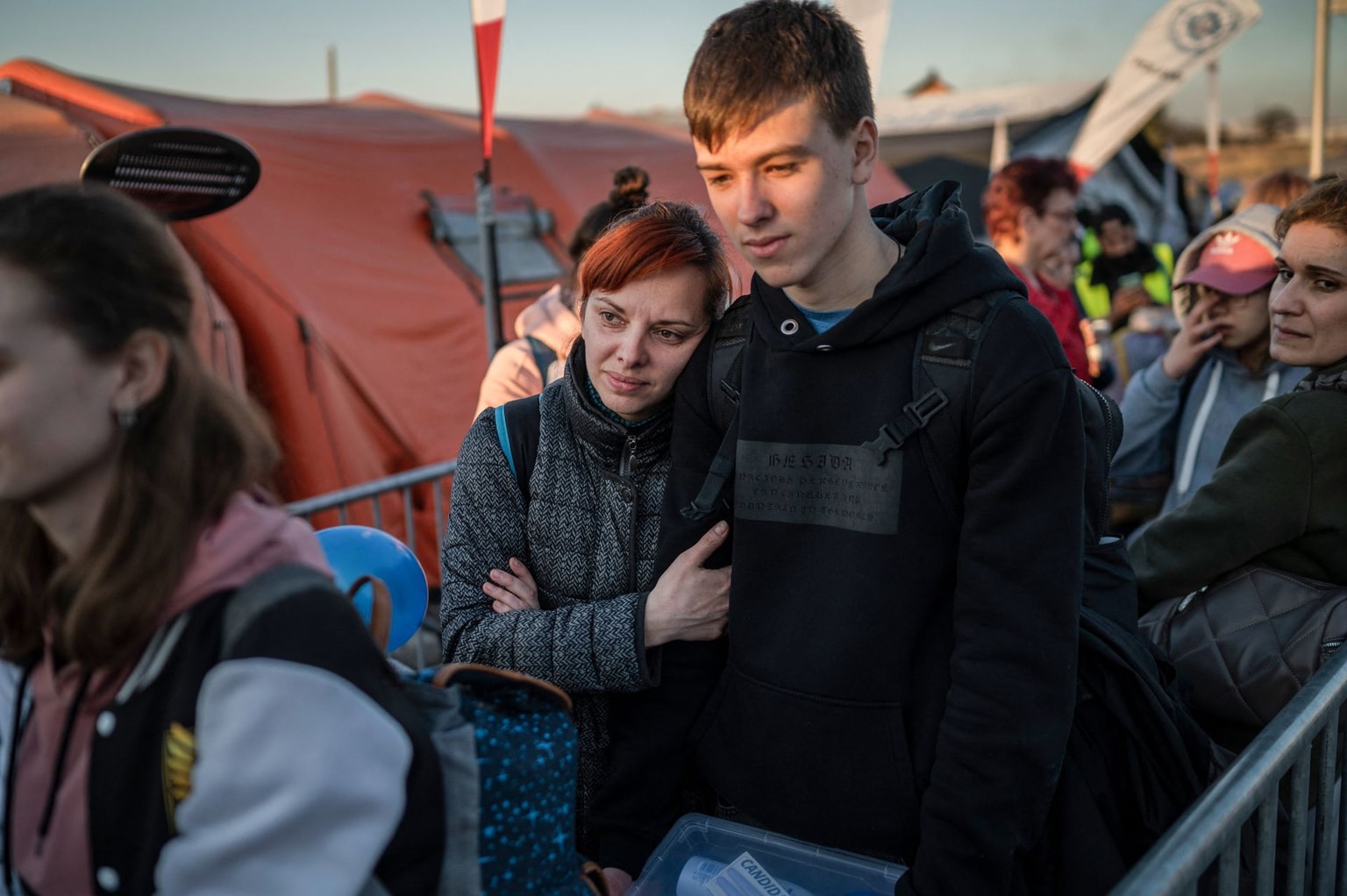
Youth exodus — Ukraine's young people are increasingly quitting their jobs to go abroad








